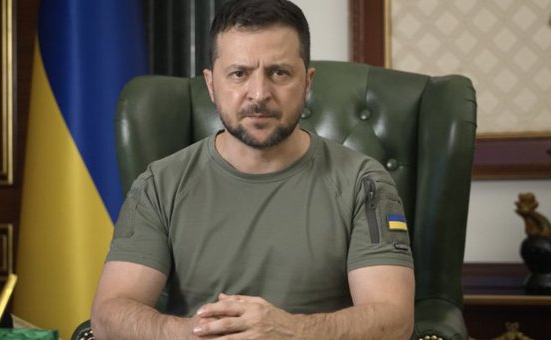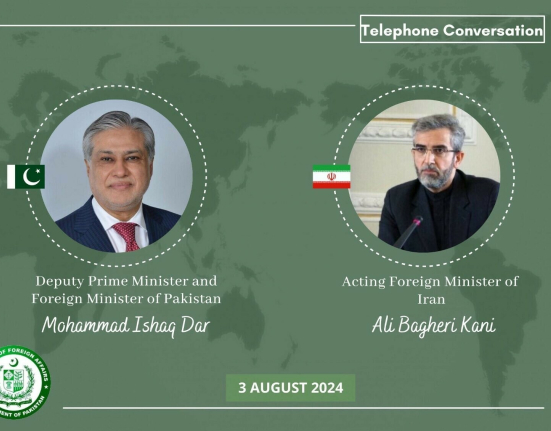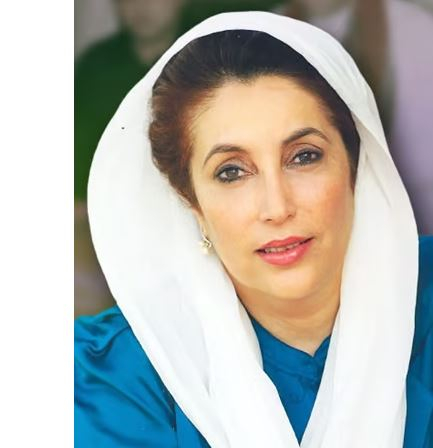President Vladimir Putin has emphasized the significant potential of BRICS—a bloc consisting of Russia, Iran, India, China, Brazil, and South Africa—as a geopolitical counterbalance to Western influence. Addressing the annual Saint Petersburg International Economic Forum (SPIEF), Putin discussed the alliance's capacity to attract new members and enhance global economic dynamics.
Putin welcomed prospective members to the economic bloc and committed to facilitating their integration. He highlighted the surge in trade between Russia and Asia, noting a substantial decline in transactions conducted in Western currencies like the dollar and euro.
"Last year, the share of the so-called 'toxic' currencies of unfriendly nations in payments for Russian exports halved," Putin stated. He mentioned that nearly 40 percent of Russia's foreign trade is now conducted in rubles, with plans to increase settlements in BRICS currencies.
Putin stressed the importance of focusing on countries that are friendly to Russia and are experiencing rapid growth, as they will shape the future of the global economy. These nations currently account for over three-quarters of Russia's trade turnover.
BRICS was established by Brazil, Russia, India, and China in 2009, with South Africa joining in 2010. Recently, Egypt, Iran, Ethiopia, Saudi Arabia, and the United Arab Emirates became members, and 44 other nations, including several Southeast Asian countries, have expressed interest in joining the bloc. BRICS now represents a combined population of about 3.5 billion people and an economy worth over $28.5 trillion, roughly 28 percent of the global economy.
Putin criticized the United States, accusing it of undermining the global market and financial payment systems' reliability. He argued that the world is ready for a shift to a multipolar economic system, asserting, "The dollar is one of a few tools of the United States' greatness today. They are driving global economic players away from the dollar."
He highlighted the shrinking share of the US economy in the global market, which he sees as a natural progression towards a multipolar system. Putin also criticized Western countries for using unfair practices to maintain their economic lead and pointed out that the United States has a $54 trillion debt to the world economy.
Announcing the development of a new, politically neutral payment system, Putin asserted that reliance on domestic currencies by the Global South would free these nations from Western hegemony, specifically the Bretton Woods system, ensuring financial security and market efficiency.
"Together with our foreign partners, we will increase the use of national currencies in foreign trade settlements, enhancing the security and efficiency of such operations, including within the framework of BRICS," Putin said. He emphasized the creation of an independent payment system immune to political pressure and sanctions.
The expansion of BRICS and the push for de-dollarization, as highlighted by Putin, is seen as a strategic move to counteract US sanctions and foster smoother commercial exchanges among member countries, ultimately challenging the dominance of the dollar.

















